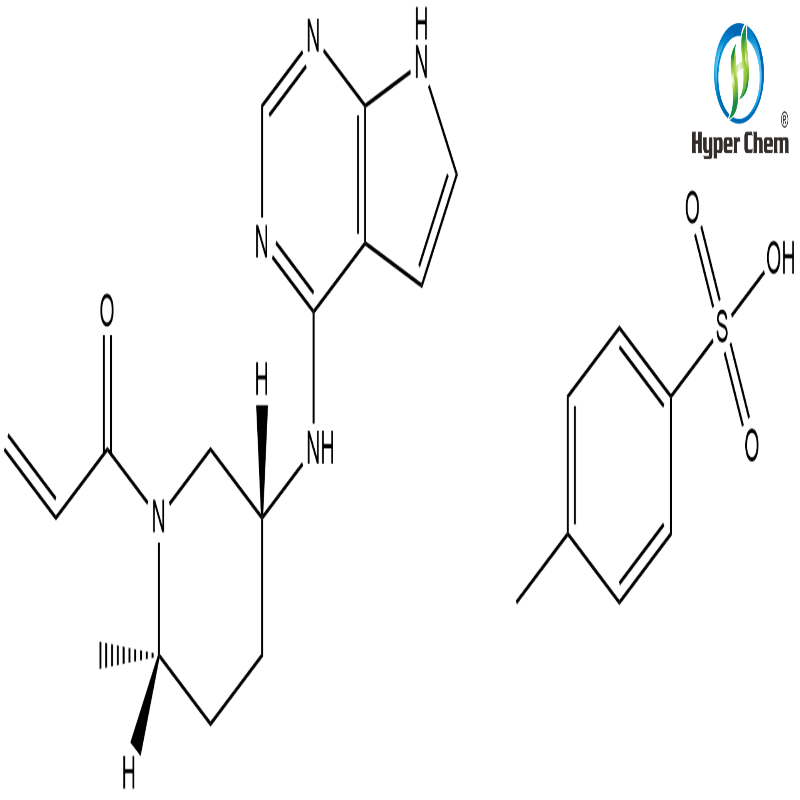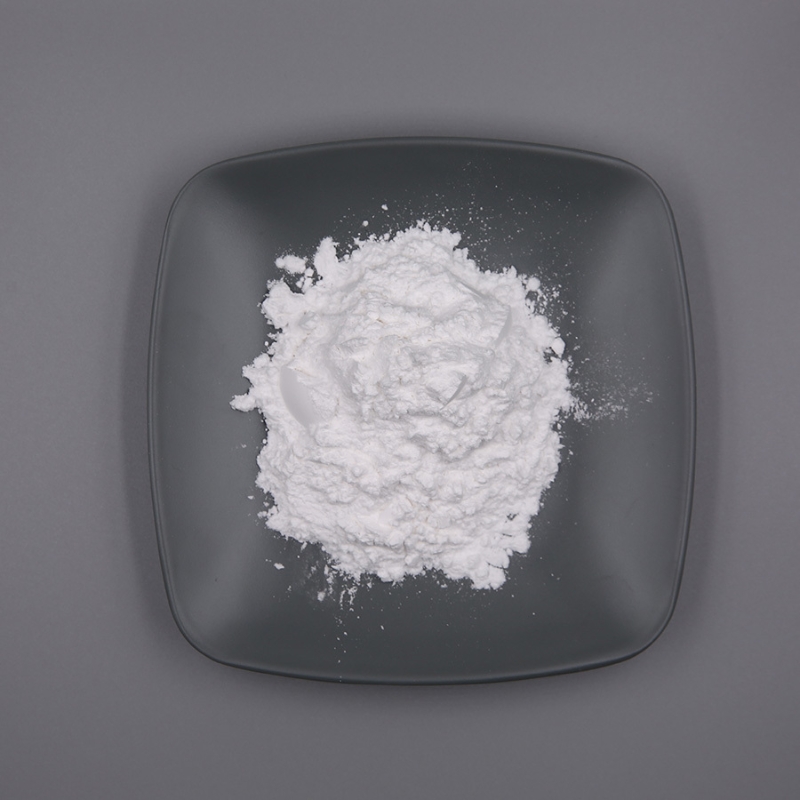-
Categories
-
Pharmaceutical Intermediates
-
Active Pharmaceutical Ingredients
-
Food Additives
- Industrial Coatings
- Agrochemicals
- Dyes and Pigments
- Surfactant
- Flavors and Fragrances
- Chemical Reagents
- Catalyst and Auxiliary
- Natural Products
- Inorganic Chemistry
-
Organic Chemistry
-
Biochemical Engineering
- Analytical Chemistry
-
Cosmetic Ingredient
- Water Treatment Chemical
-
Pharmaceutical Intermediates
Promotion
ECHEMI Mall
Wholesale
Weekly Price
Exhibition
News
-
Trade Service
17, 2020 // -- In a recent study published in the international journal Cell, scientists from the Japan Institute of Science and Chemistry and others developed a generic probe that could help accurately detect the procedural damage of defective mitochondrials in cells, which researchers say are energy plants in cells that may not be able to destroy damaged mitochondrial cells in mouse models with Parkinson's disease.
picture source: K.R. PORTER/SCIENCE PHOTO LIBRARY mitochondrials are key organocytes that provide chemical energy for the normal functioning of the body's cells, but when the cells are under pressure, the mitochondrials become functionally abnormal and produce a large number of reactive oxygen freelances that damage the cells, so the cells are removed and destroyed by dissoluting the damaged mitochondries to the lysosome, which can act as a waste disposal system in the cells to help break down or break down components that are not needed.
If selective elimination of dysfuncular mitochondrial failure (i.e., mitochondrial autophagy) can lead to a variety of diseases, so researchers are very interested in monitoring the process of mitochondrial autophagy in cells."
researchers have previously developed fluorescent probes to detect mitochondrial autophagy, but some probes can only be used in living cells, while others are highly susceptible to destructive processes that are not involved in lysosomes.
the study, researchers developed a new type of fluorescent probe that can be used in living and fixed cells and is particularly prominent in lysosomes.
The new probe consists of a two-part structure, one of which resists the action of enzymes in the lysosome and the other is destroyed by the lysosome;
researchers used the new probe to study Parkinson's disease, a neurodegenerative disease that induces disease manifestations such as body tremors, muscle stiffness and movement disorders; using mouse models of Parkinson's disease, the researchers found that neurons that produce the neurotransmitter dopamine do not eliminate defects. Mitochondrials, but other neurons that do not produce dopamine, may be able to eliminate defective mitochondrials; since the main feature of Parkinson's disease is the lack of dopamine in the brain, this suggests that the neurons that produce dopamine are unable to complete mitochondrial autophagy, which may be a major cause of the disease.
Through a joint study with Japan's Takeda Pharmaceuticals, the researchers also identified a compound that induces self-destruction of damaged mitochondrials, such as compounds that could help treat Parkinson's disease in the future; Many neurodegenerative diseases involve mitochondrial autophagy, so this new probe may speed up research, and future diseases in other organs may also have oxidative stress and mitochondrial autophagy, which researchers are using to study heart disease.
() Original source: Hiroyuki Katayama, Hiroshi Hama, Koji Nagasawa, et al. Visualizing and Modulating Mitophagy for Therapeutic Studies of Neurodegeneration, Cell (2020). DOI: 10.1016/j.cell.2020.04.025.







